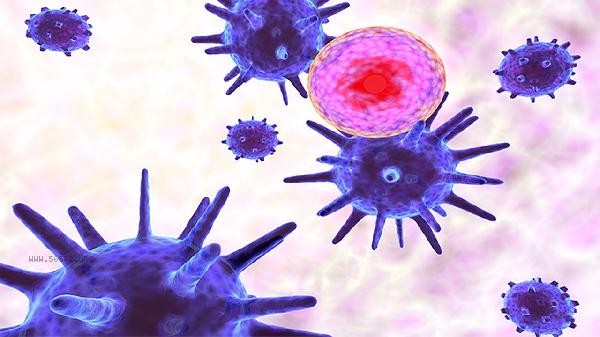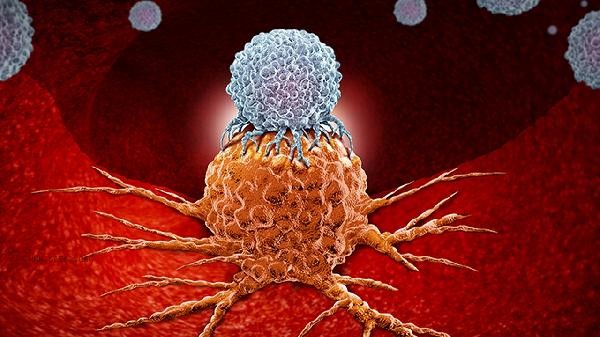Tumor compression of the superior vena cava usually requires comprehensive treatment, and medication can alleviate symptoms but cannot cure them. The main treatment methods include chemotherapy drugs such as cisplatin injection and paclitaxel injection, targeted drugs such as bevacizumab injection, glucocorticoids such as dexamethasone sodium phosphate injection, diuretics such as furosemide tablets, and analgesics such as sustained-release morphine hydrochloride tablets. Individualized plans should be developed based on the type of tumor and the patient's condition.

Chemotherapy drugs reduce compression by inhibiting tumor growth. Cisplatin injection is often used for solid tumors such as lung cancer, and paclitaxel injection is effective for breast cancer, which may be accompanied by nausea or myelosuppression. Targeted drug Bevacizumab injection can inhibit angiogenesis and is suitable for patients with specific gene mutations. It is important to be aware of the risk of hypertension or bleeding. Corticosteroid dexamethasone sodium phosphate injection can quickly alleviate edema and inflammatory reactions, but long-term use may lead to elevated blood sugar levels.

Diuretic furosemide tablets can help alleviate edema caused by venous reflux obstruction, and electrolyte balance needs to be monitored. The analgesic drug morphine hydrochloride sustained-release tablets are used for pain management in late stage patients and may cause constipation or respiratory depression. For tumors such as lymphoma that are sensitive to radiotherapy and chemotherapy, drug efficacy is more significant; However, palliative treatment is mainly used for late stage solid tumor compression, and if necessary, combined stent implantation or radiotherapy may be required.

The patient should maintain a semi recumbent position to reduce head and face edema, control fluid retention with low salt diet, and record daily weight changes. Avoid wearing tight clothing that affects blood circulation. If breathing difficulties or changes in consciousness occur, seek medical attention immediately. During the treatment period, regular check ups of blood routine and liver and kidney function are required. Medication adjustments must strictly follow the guidance of oncologists and should not be adjusted by oneself.









Comments (0)
Leave a Comment
No comments yet
Be the first to share your thoughts!